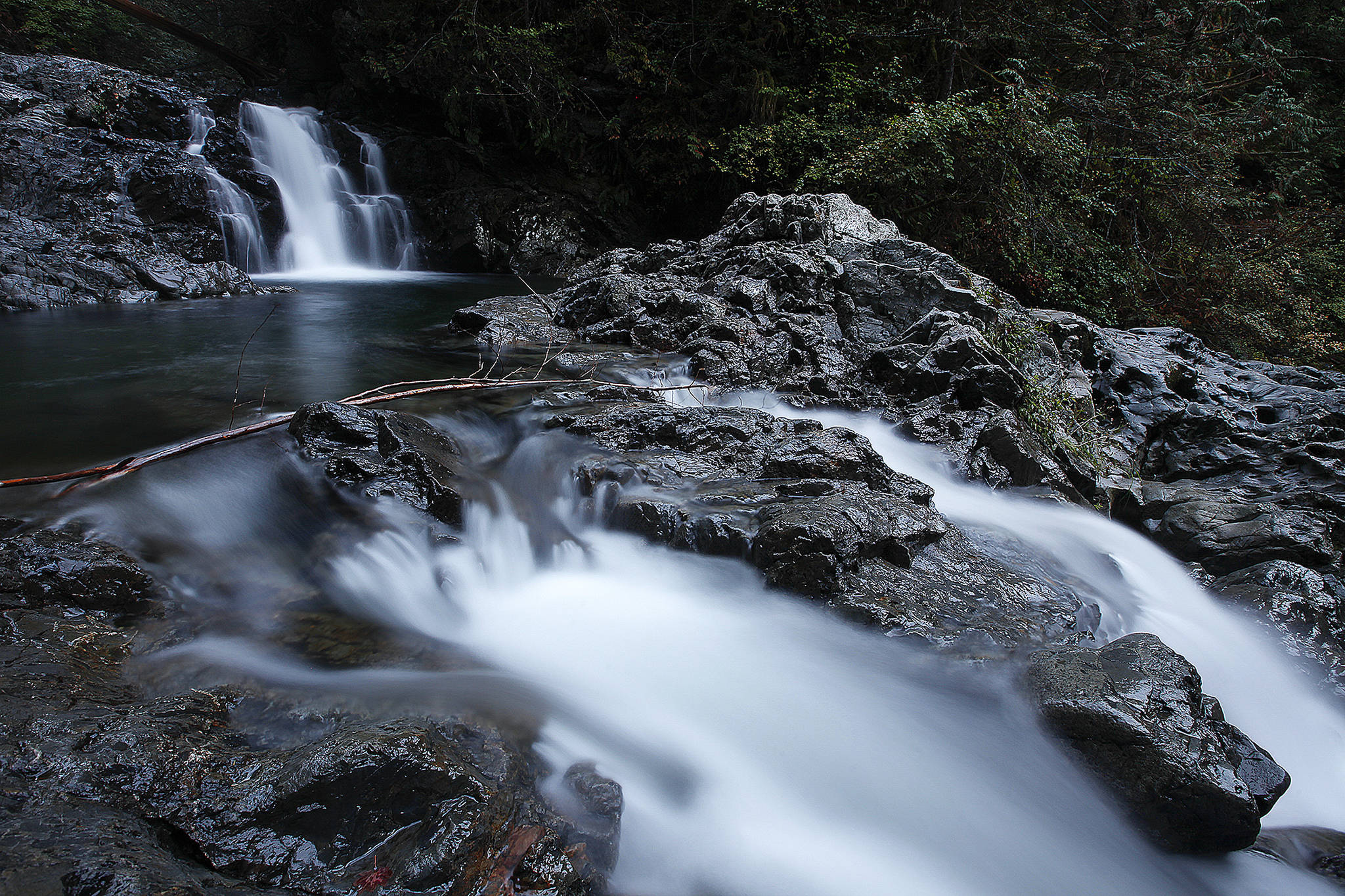OLYMPIA — Three options to simplify fees and passes for public lands are being scrutinized in a state study.
It’s the latest step in an effort to improve — and maybe change completely — the way people pay to use Washington’s state parks and other public recreation areas.
Possibilities include: eliminating the Discover Pass and charging a new vehicle licensing fee; modifying the existing two-car annual pass; or offering a single-car pass at a lower price.
Two years ago, lawmakers ordered research into how the system could be made more consistent, simple and equitable, while still accounting for the cost of managing public lands.
The William D. Ruckelshaus Center, a joint effort by Washington State University and the University of Washington, released a report in December. Now, a follow-up study by the WSU Impact Center is taking a closer look at those suggestions.
Washington’s Discover Pass has been in place since 2012. It costs $30 for an annual pass that is transferable between two vehicles, and $10 for a day pass.
Sales brought in nearly $25 million between July 2017 and this past June. That’s about $9 million more than the pass generated in its first year, according to a presentation to the House Appropriations Committee on Wednesday. The revenues are split, with 84 percent going to state parks and 8 percent each to the departments of Fish & Wildlife and Natural Resources.
“After some initial disappointments with the sales of the Discover Pass, they’ve actually done quite well,” said Jim Cahill, a senior budget assistant, during the presentation.
About 700,000 annual passes and 350,000 day passes were sold during the last fiscal year. Nationwide, only California, New York and Florida’s pass systems generate more money, Cahill said.
“Prior to 2012, there was no fee (in Washington),” he said. “And now we’re raising the fourth-largest amount of revenue of states in the nation.”
Still, there has been confusion over the different types of passes. Ruckelshaus found there are more than 20 passes and permits in Washington, including state and federal, annual and daily passes, and those for specific activities such as backcountry camping or hunting. If the Discover Pass stays, that report suggested trying to bundle it with some federal permits.
“What becomes complex is trying to combine our system with the federal system, which would be an optimum step,” Jon Snyder, a senior policy adviser, told the appropriations committee on Wednesday.
Eliminating the Discover Pass would be one way to simplify things. In its place would be a mandatory vehicle licensing fee.
“Basically, your Washington license plate would be your access to state public lands,” Snyder said.
The Ruckelshaus report suggested between $7 and $15 per vehicle, but preliminary results from the new study say a lower fee may suffice.
A one-vehicle pass that costs less than the Discover Pass is another idea, but it’s tough to predict how many people would buy such a pass or whether a cheaper annual fee might impact day passes, Cahill said.
Changes to the existing two-car pass, which could include a price adjustment, also are being considered.
The study underway now seeks to look at prices, potential revenue, logistics, and expected challenges of all those options. That report is expected by Oct. 1.
Kari Bray: 425-339-3439; kbray@heraldnet.com.
Talk to us
> Give us your news tips.
> Send us a letter to the editor.
> More Herald contact information.

























